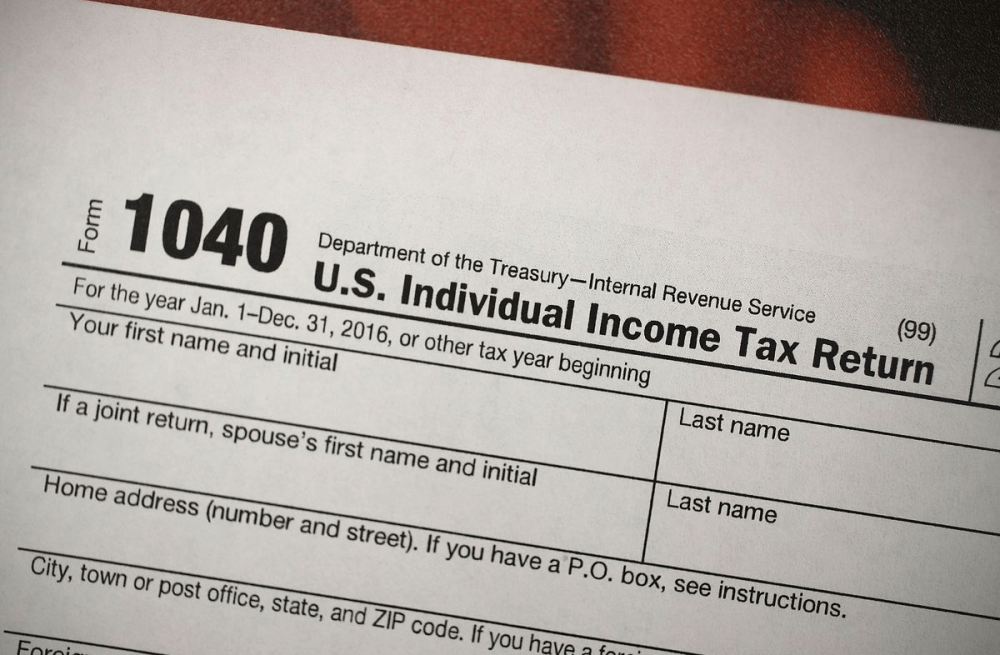As tax season approaches, the thing that most people do not realize is that a final tax return needs to be filed even after a person passes away. It is important to understand what steps need to be taken for those with the responsibility of filing taxes for a deceased family member. When an individual passes away, if they earned a certain amount income in the year they died, their income tax return most likely needs to be filed. The same is true for any income earned for an Estate.
Who Needs to File a Final Tax Return?
It is the responsibility of the fiduciary (executor or administrator) of an estate to file the taxes of the decedent, including the final income tax return. The return is due the same time that the decedent would have filed if they were alive. If the decedent was married, a joint return may be filed along with their surviving spouse. It is important that the fiduciary takes this responsibility seriously and understands what steps are necessary.
What Do I Need to Know to File a Final Tax Return?
If the decedent earned income during the year of their death, a return may need to be filed. It will be due the year of their death, so make sure you keep that deadline in mind as you prepare. If payment is due, you can make a payment as the decedent usually would. The payment should come out of the estate. If the amount cannot be paid immediately, there is an option to work with the IRA to use a payment plan, or you may file for an extension. Also keep in mind that depending on the time of year the decedent passed away, you may need to file taxes for more than one year. As you are preparing the decedent’s taxes, be aware of any deductibles available. This includes medical expenses accumulated leading up to the decedent’s death. Something else to note is that even if the decedent did not make much in the year they died, it may still be worth filing the final tax return in case the decedent is entitled to any refunds.
How Do I File a Final Tax Return?
Generally, a final tax return should be filed the same way the decedent would have filed if they were still alive. This means that all income that the decedent made the year of their death must be accounted for. Any deductions or refunds owed to the decedent will also be claimed that same year, as long as the deadline is met. If the decedent has not filed income tax returns for previous years, you may be responsible for filing those as well. You should be familiar with their finances and any forms they have previously submitted. By reviewing the decedent’s previously filed tax returns, you should have a good guide to follow. W-2s and 1099s are great for this purpose.
If at any point you need guidance on taxes for an Estate or a Trust, retaining an accountant or attorney to help you through the process is often worthwhile.

